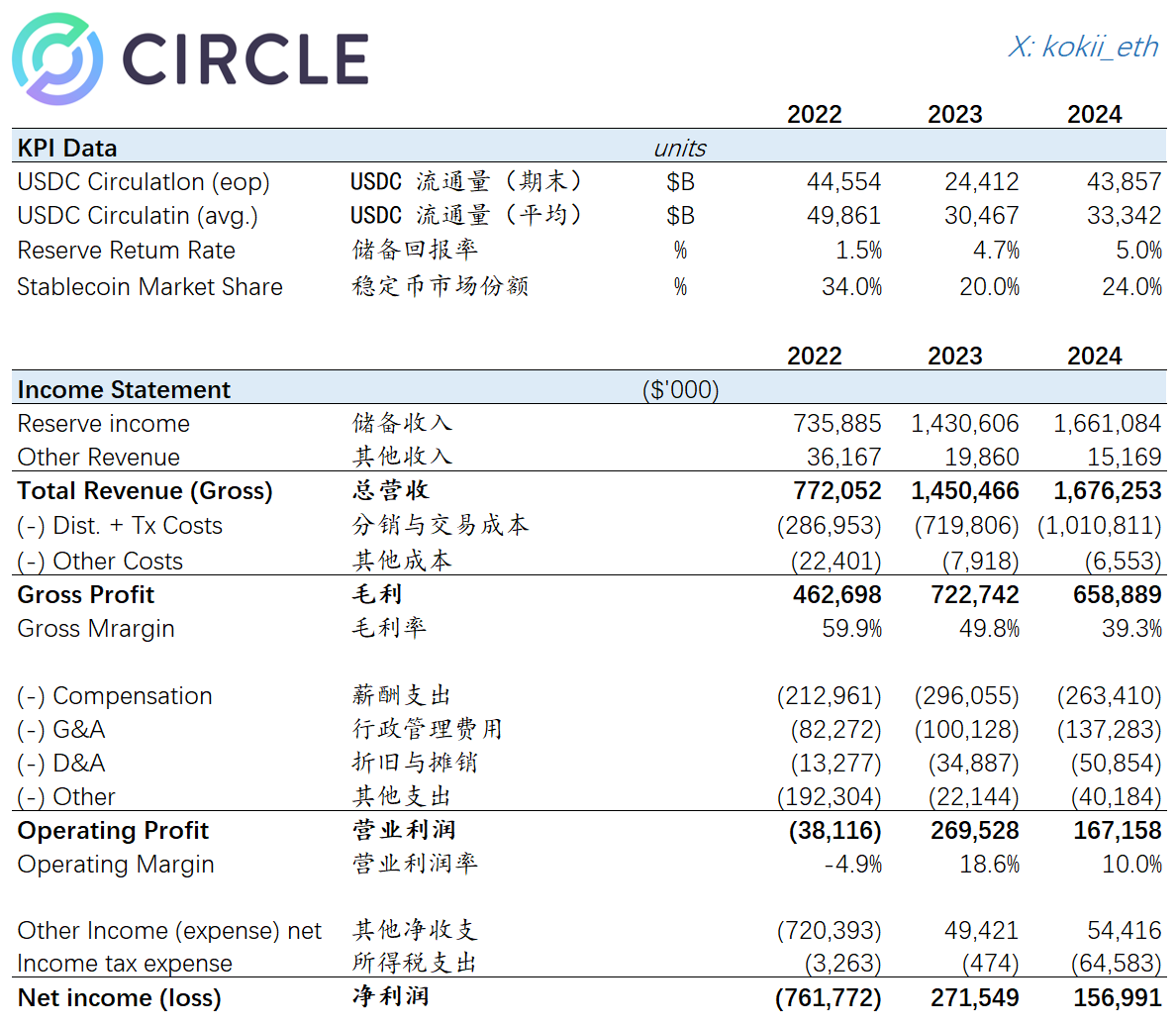Rachel, Golden Finance
On November 27, Changpeng Zhao posted on Cost labor and pay instantly via cryptocurrency, breaking geographical restrictions.
Data tagging refers to the manual or automated annotation of original data (such as text, images, audio, etc.) so that it has specific structured information. Labeled data is used to train machine learning or artificial intelligence models. For example, labeling text with emotional categories (positive, negative, neutral) is a kind of data labeling. The use of blockchain for artificial intelligence data annotation is particularly suitable for data annotation scenarios that require high transparency, credibility and distributed collaboration. This not only improves the efficiency and quality of data annotation, but also creates new possibilities for global collaboration and data transactions.
What high-quality projects are currently available on this track? What are the prospects for track development?
The role of blockchain in AI data labeling
Blockchain is a decentralized distributed ledger technology with transparency, non-tamperability and traceability and other characteristics. These features can solve the following problems in traditional methods in data marking:
Data authenticity and tamper resistance: Each marked record is written to the blockchain and cannot be changed at will, ensuring labeling credibility.
Task allocation transparency: Blockchain can record the distribution, execution and review process of tasks to prevent unfair task allocation or result tampering.
Incentive mechanism: Using blockchain’s smart contract technology, data annotators can automatically receive cryptocurrency or other rewards by completing tasks.
Data traceability: The source, annotator and reviewer information of each tag can be traced.
Application scenario
Distributed annotation: Use blockchain to allocate data annotation tasks to annotators around the world. Processing efficiency is higher.
Quality audit: Multi-person annotation results are compared and reviewed through blockchain technology to ensure annotation accuracy.
Annotated data transactions: Annotated data can be traded on the blockchain, and buyers and sellers do not need to worry about the integrity or authenticity of the data.
Privacy protection: Use blockchain to encrypt and store annotated data to ensure the security of private data.
Related projects
OORT DataHub: Provides decentralized data annotation services based on blockchain, using Proof of Honesty algorithm Perform quality control. Its platform distributes tasks, audits data quality and pays rewards through smart contracts, attracting global annotators to join, and ensuring the transparency and privacy protection of annotated data.
The economic model of the project token is as follows:
Community Rewards: By participating in data annotation and analysis, users can receive $OORT token rewards. In addition, it is possible to obtain unique NFTs tied to contributions that provide additional benefits such as rewards for increased annual yield (APY), equipment discounts, and DAO voting rights.
Task Mortgage: Participants need to mortgage at least 210 $OORT tokens to show their commitment to the task, and the tokens will be returned after completing the task. and issue rewards.
Sales revenue sharing: Some NFT holders can also receive dividends from future data sales revenue, further increasing long-term returns.
PublicAI: Solana on-chain AI ecological project aims to connect data demanders and global annotators, reward participants through an encryption token incentive mechanism, and use blockchain technology to record the annotation process. details to ensure data security and privacy.
The economic model of the project token is as follows:
Community reward: 10% of Public tokens will be used Airdrop rewards for early user interaction. Specifically, there are three ways to obtain airdrops. Become an AI Builder: Collect high-quality Internet content; Become an AI Validator: Verify collected content; Become an AI Developer: Train AI agents using validated datasets.
Token Distribution: The project completed a $2 million seed round of financing in January 2024, and investors Including IOBC Capital, Foresight Ventures, Solana Foundation, Everstate Capital and many well-known academicians and professors in the field of artificial intelligence, etc. The specific details of PublicAI token allocation have not yet been determined.
Challenges
At present, several major factors constrain the development of this track: First, AI Data labeling requires high computing and storage resources; second, project performance is limited by the scalability of the blockchain; third, technical standardization and supervision are not yet complete.
Among them, the second point is perhaps the biggest challenge currently faced. Because AI data labeling and model training usually require a large amount of computing resources, the nodes in the blockchain network have limited computing power. How to effectively integrate the blockchain while ensuring the decentralization characteristics of the blockchain?Hopewell's use of distributed computing resources to meet the computing needs of AI data labeling projects is an urgent problem that needs to be solved. It is reported that Greenfield, a subsidiary of Binance, is providing storage support for this track and looks forward to more storage and computing resources for practice in this field.














